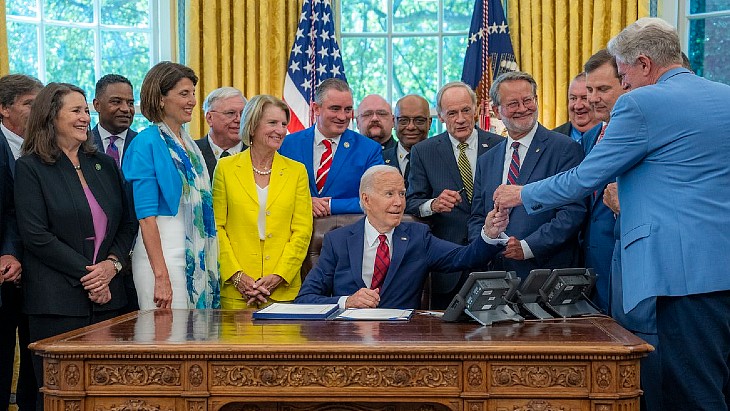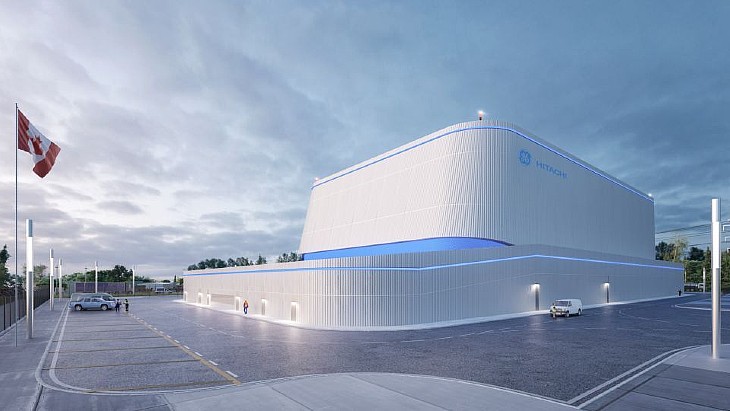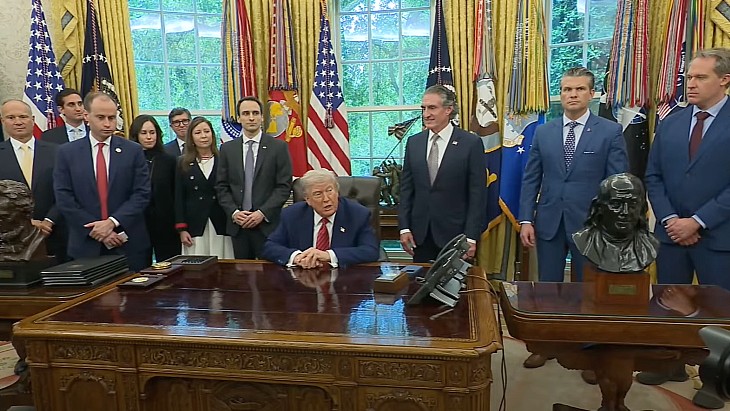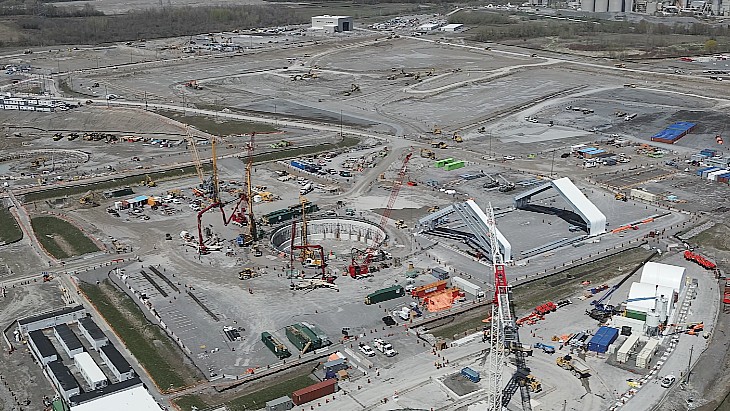IAEA’s Grossi still hopes for mission to Zaporizhzhia
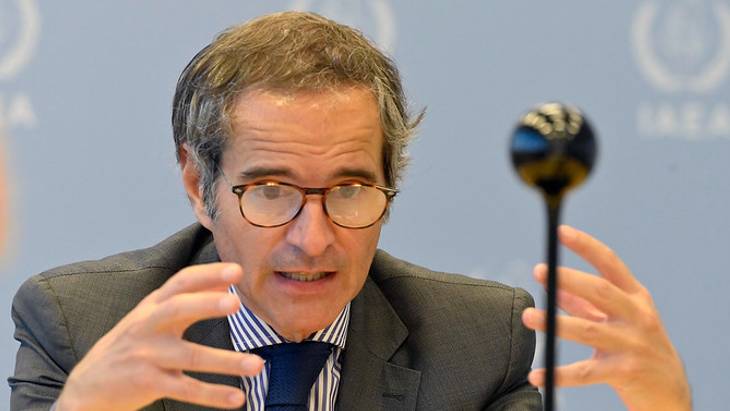
During a joint session of the European Parliament’s security and defence and foreign affairs sub-committee, Grossi said that he was in contact with both the Ukrainian and Russian sides and he said that both had agreed with the request for an IAEA inspection visit to Zaporizhzhia (also known as Zaporozhe) in principle, but only if it was carried out under their flag.
Grossi added that it was clear that the nuclear power plant was in Ukraine and was Ukrainian but “at the same time I deal with realities, and the reality is that this plant is under Russian military control … the reality is that I am confronted with a situation where the format, the political modalities of the visit, are even more important for them than the technical mission that I need to perform”.
“We are not at a dead end. I am talking to both to try to look for a way that our inspectors and myself could visit.”
An inspection visit was crucial not only for security and safety reasons but also to establish and provide facts, especially to counter any "fake news" or "alternative realities", noting that there had been recent allegations - that the IAEA was able to reject - that Ukraine might be trying to develop nuclear weapons.
But he said that the IAEA was only able to do so because of their inspection regime, and he noted that Zaporizhzhia had "30,000kg of enriched uranium and a similar amount of plutonium" so if it was not possible to carry out inspections soon the danger was that there would be “more allegations, accusations and doubts” in the future.
{^media|(width)450|(height)300|(ext).mp4|(url)~/BlankSiteASPX/media/WNNImported/mainimagelibrary/people/Grossi_Clip_Zaporozhe_EU_broadcasting.mp4^}
Video courtesy of European Parliament: Watch the full hearing
He said he had been saying to both the Ukrainian side and the Russian side that there must be IAEA inspections "to establish the situation and to establish everything is in order".
Another issue he wanted to address during a visit to the plant was the issue of "double command" he said. The presence of senior Russian experts at Zaporizhzhia "whose function is not entirely clear … goes against every possible safety principle that we have ... there is potential for disagreement, there is potential for friction, potential for contradicatory instructions … you don’t want to have that in such a complex, delicate, sophisticated facility as a nuclear power plant".
In answer to another question from a committee member, he said that any decision on expelling a member of the IAEA was up to its membership, not the director general, and he said there had been "no move in that direction".
On Chernobyl, he was asked why he thought the Russian forces had occupied it (from 24 February to 31 March). Grossi replied that he had asked the Russians the same question and they had said it was to prevent a deliberate act of sabotage taking place.
He said the IAEA mission to Chernobyl had reinstated remote monitoring, had been able to establish the facts about the situation there. He said a lot of work was still needed but he believed that things there were moving in a “relatively positive direction” and another IAEA mission would be heading to Chernobyl soon.
In its latest daily update on Tuesday, Energoatom said that the four Ukrainian nuclear power plants continue to operate within normal safety limits.


